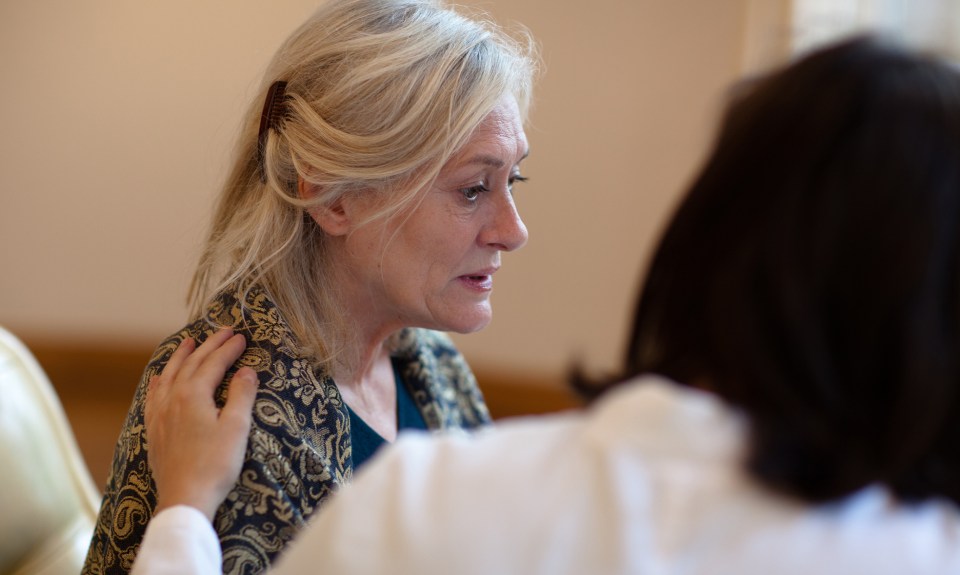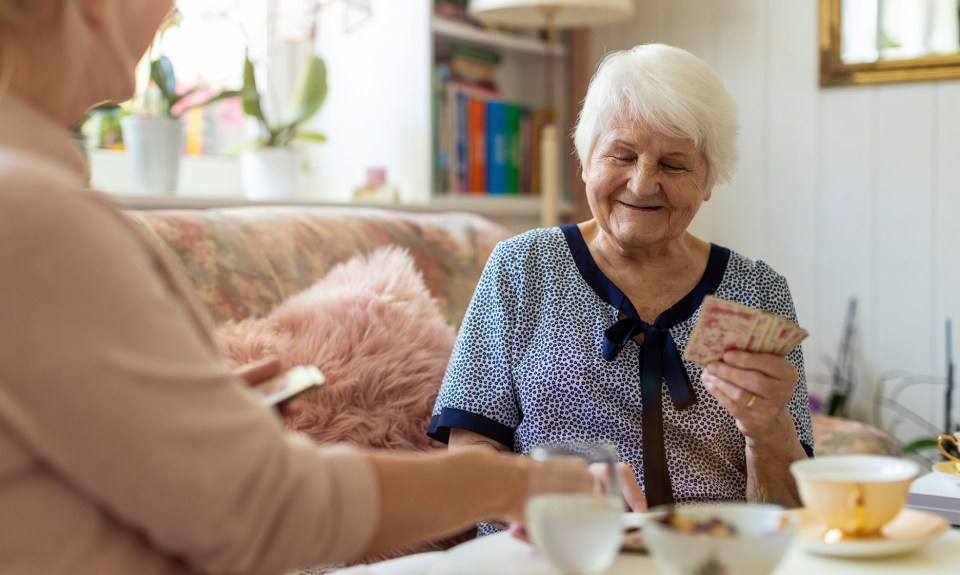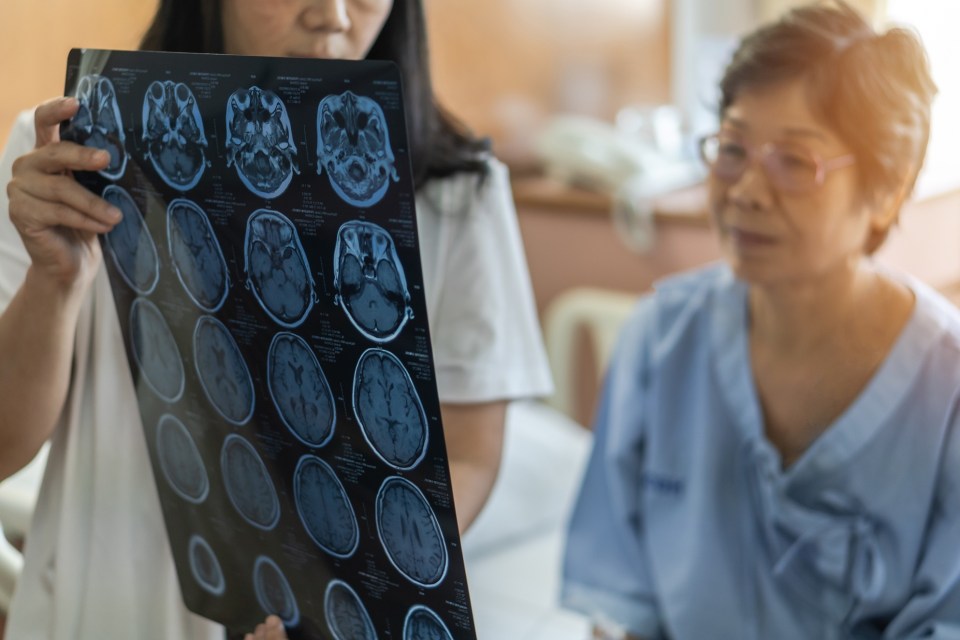At first, it was little things. The occasional lost keys or slip of a name, but as time progressed those little things became larger.
Maybe mom got lost on the way home from the store that she’s been shopping at for years or those keys dad lost turned up days later in the freezer.
Memory loss is a normal part of aging, but when is it something greater and time to talk to a loved one about dementia? Julie Hardy, an Encompass Health – Home Health clinical education consultant specializing in memory care, said it’s not an easy conversation to have, but it is a necessary one if you suspect a parent or loved one might be showing signs of dementia or Alzheimer’s disease.
“It’s a very tough conversation to have, because a parent might not be forthcoming about it,” she said. “Most people know there is something wrong in the early stages, but they don’t want to admit it. It’s kind of like the stages of grief, and denial is one of those stages.”
Perhaps the best starting point, she added, is knowing the signs of dementia.
The Difference Between Normal Memory Loss and Dementia
Short-term memory loss is normal, especially as one ages. However, when typical memory loss begins to disrupt a loved one’s daily life, it’s likely something more. For example, Hardy said, forgetting where you parked your car is normal.
“Running out of medications and not knowing how to refill them, or you can’t find your way home on an outing you’ve been making for years—that’s not normal,” she said. “When cognitive issues begin to impact the ability to perform daily activities safely and effectively, it is time to start looking for the cause.”
Other warning signs of dementia, according to the Alzheimer’s Association, include:
- Difficulty problem solving
- Confusion of time and place
- Vision problems or understanding special relationships
- Problems speaking or writing
If you’ve noticed abnormal memory loss in a loved one, it’s time to seek medical help, Hardy said.
Encourage Your Loved One to See a Doctor
Alzheimer’s and other forms of dementia progress slowly and some symptoms or signs a loved one is showing could be related to something else, such as medication side effects or a hormonal imbalance.
“Reach out to a physician or neurologist,” Hardy said. “So many other things can cause symptoms. Really encourage them to get a good, thorough physical. The sooner you see a physician, the sooner you can start managing it. You can’t change the prognosis, but you can slow it.”
If possible, have yourself or another family member attend the appointment. Often times individuals with dementia have difficulty retaining information from medical appointments.
Tap into Your Resources
Don’t know a good neurologist or how to talk a parent or loved one into seeking medical care? The Alzheimer’s Association offers plenty of support for those who suspect a loved one might have dementia.
“Reach out to the Alzheimer’s Association,” Hardy said. “They have a 24-hour hotline manned by social workers who are very well versed in this topic.”
In addition to connecting you with physicians, the association can also support you after a loved one is diagnosed by connecting you to support groups, local associations and many more resources. “You don’t have to do it alone,” Hardy added.
In the Early Phases of Dementia
After the diagnosis, take time to talk with your parent or loved one about their healthcare wishes. Hardy said this is another difficult conversation, but a necessary one for both the loved one with dementia as well as the caregiver.
“That’s one of the benefits of knowing early. You can start doing advanced care planning,” she said. “If they’re in denial and it continues to progress, the person is not going to be able to participate in their own care. I always emphasize that. Whether it’s Alzheimer’s or not, talk to your loved ones about their healthcare wishes and how they want to be cared for if something were to happen.”
In the Later Stages of Dementia
Hardy said home health could be an option for the more advanced stages of the disease when function is impacted. At Encompass Health – Home Health, there is a memory care program designed to help keep patients with dementia safe in their homes.
“Instead of rehabilitating, I like to say we’re ‘habilitating,’” Hardy said. “We’re maximizing their function, as well as we can, to keep them in their home as long as possible and keep them safe.”
Therapists can offer non-pharmaceutical interventions to change behaviors. Hardy recalled one instance where a dementia patient was wandering at night. Her occupational therapist helped keep her safe by placing locks up higher and leaving lights on in certain areas of the house.
“It’s times like this where we can really have an impact,” she said. “It was really tough on the caregivers and wearing them down. Moving the locks helped because someone with Alzheimer’s tends to look directly in front of them. It also helped to leave the lights on in safe places so she would wander there instead of outside.”
Home health is also there for the caregivers, Hardy emphasized, whether through education or solutions to help their loved one to stay at home safely.
The content of this site is for informational purposes only and should not be taken as professional medical advice. Always seek the advice of your physician or other qualified healthcare provider with any questions you may have regarding any medical conditions or treatments.



